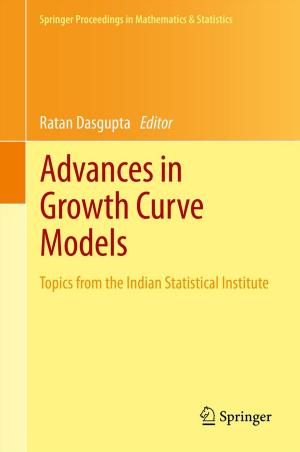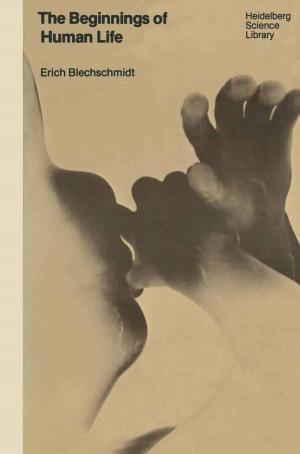Freud on Interpretation
The Ancient Magical Egyptian and Jewish Traditions
Nonfiction, Health & Well Being, Psychology, History, Science & Nature, Science, Other Sciences, Philosophy & Social Aspects| Author: | Robert W Rieber | ISBN: | 9781461406372 |
| Publisher: | Springer New York | Publication: | February 2, 2012 |
| Imprint: | Springer | Language: | English |
| Author: | Robert W Rieber |
| ISBN: | 9781461406372 |
| Publisher: | Springer New York |
| Publication: | February 2, 2012 |
| Imprint: | Springer |
| Language: | English |
This book presents new insights into Freud’s famous “discovery” of the unconscious and the subsequent development of psychoanalytic theories. The authors explore the original context in which these ideas arose and the central debate about mind as matter or something that transcends matter. In the course of this examination, it is demonstrated that Freud was influenced not only by the 19th century scientific milieu, but also by ancient cultures. While it is known that Freud was an avid collector of ancient artifacts and generally interested in these older cultures, this book systematically investigates their profound effect on his thinking and theorizing. Two major influences, Egyptian mythology and Jewish mysticism are analyzed in terms of similarities to Freud’s emerging ideas about the mind and its diseases. To further this line of investigation, Bakan supplies an illuminating discussion of what it means to interpret. Taken from the viewpoint that interpretation involves an u
This book presents new insights into Freud’s famous “discovery” of the unconscious and the subsequent development of psychoanalytic theories. The authors explore the original context in which these ideas arose and the central debate about mind as matter or something that transcends matter. In the course of this examination, it is demonstrated that Freud was influenced not only by the 19th century scientific milieu, but also by ancient cultures. While it is known that Freud was an avid collector of ancient artifacts and generally interested in these older cultures, this book systematically investigates their profound effect on his thinking and theorizing. Two major influences, Egyptian mythology and Jewish mysticism are analyzed in terms of similarities to Freud’s emerging ideas about the mind and its diseases. To further this line of investigation, Bakan supplies an illuminating discussion of what it means to interpret. Taken from the viewpoint that interpretation involves an u















